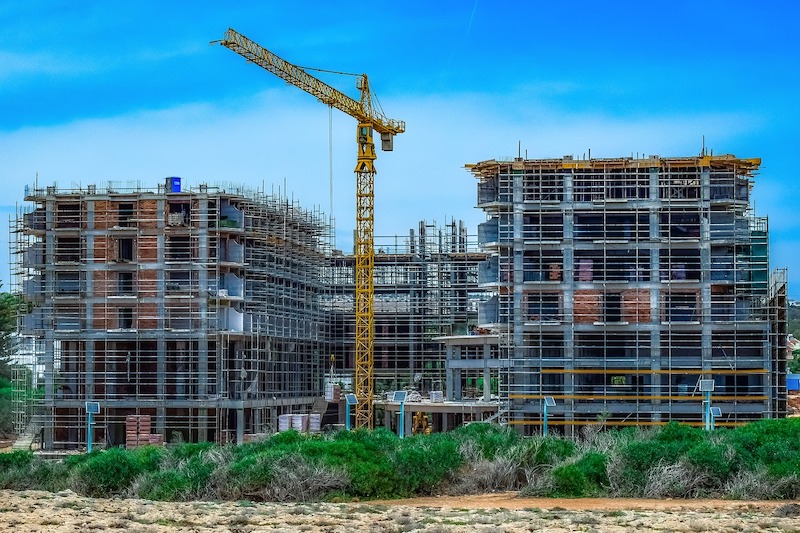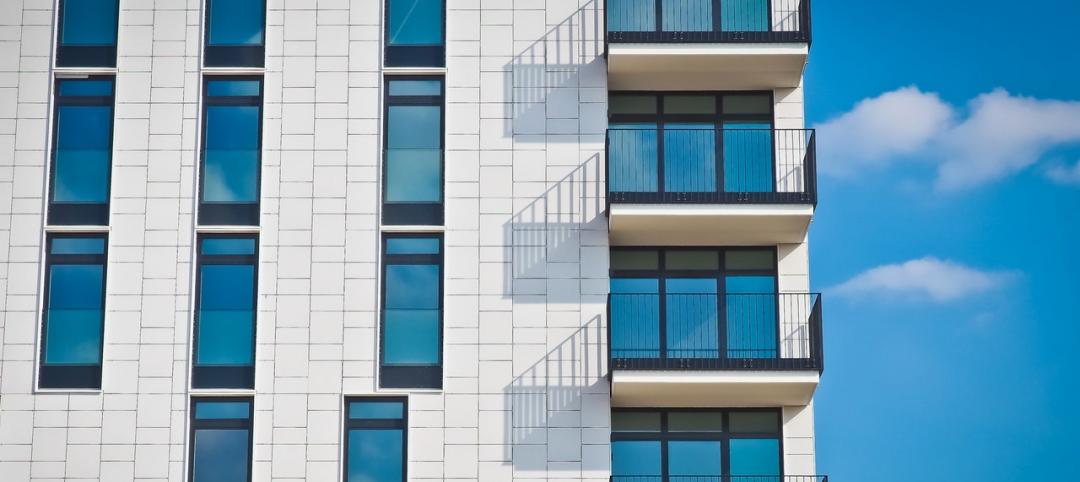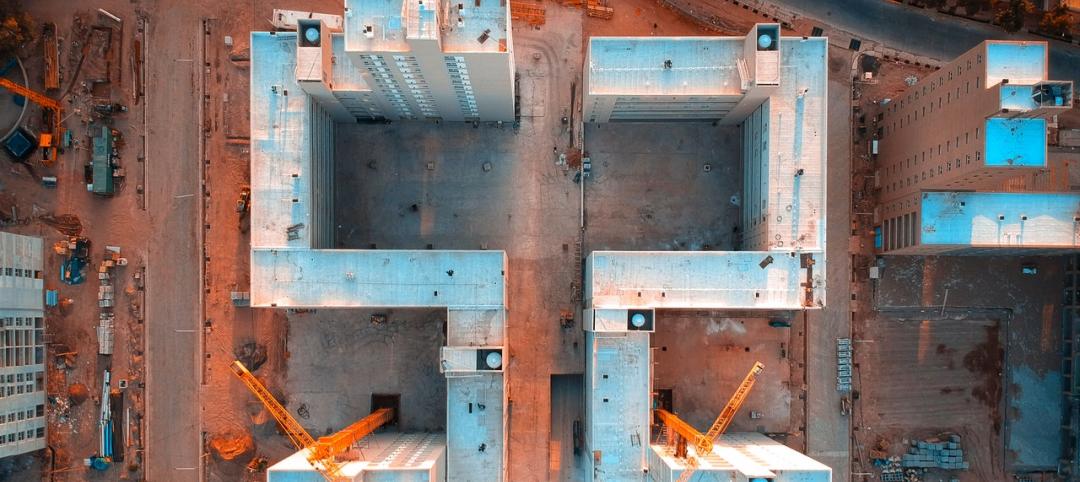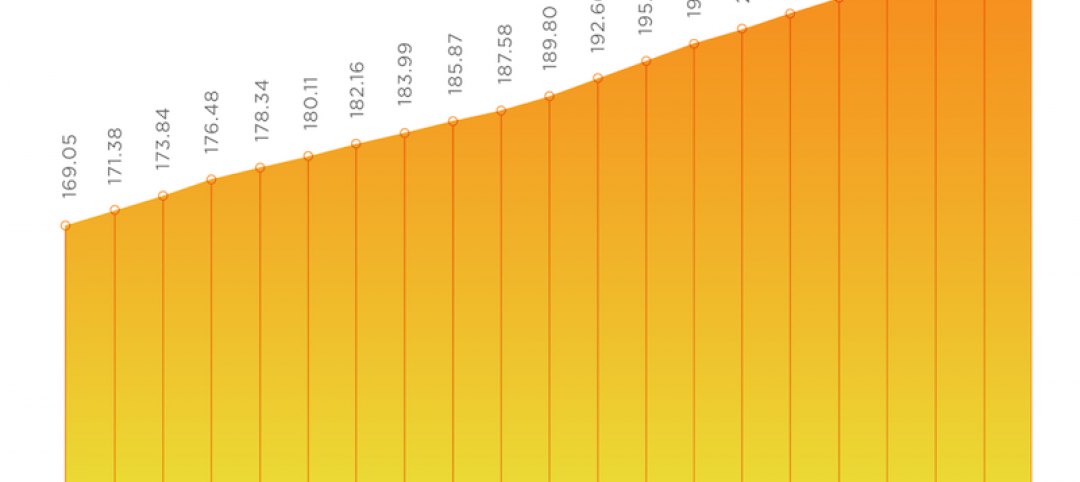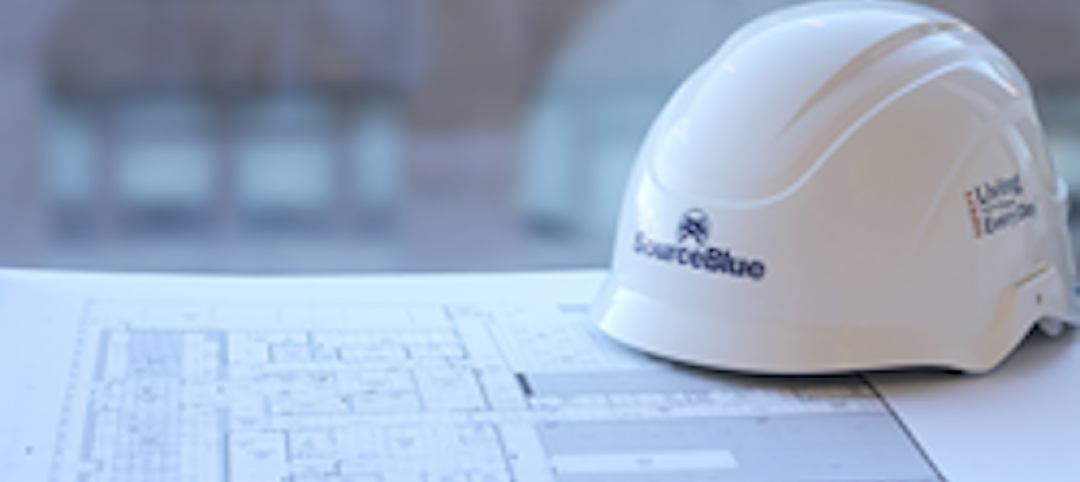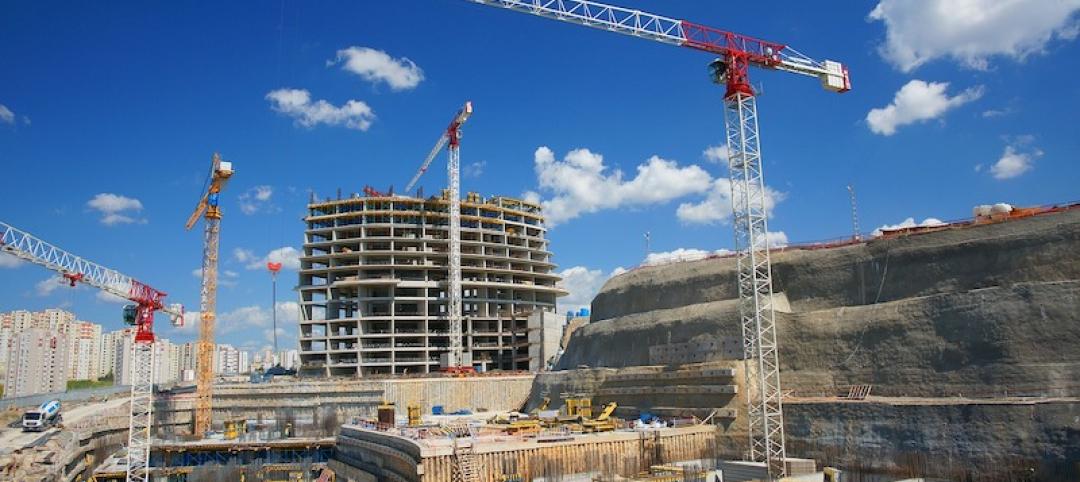Construction employment increased by 26,000 jobs in September to a total of 7,245,000, but the gains were concentrated in housing, while employment in the infrastructure and nonresidential building construction sector remained little changed, according to an analysis by the Associated General Contractors of America of government data released today. Association officials said the pandemic was prompting strong demand for new housing as more Americans work from home, while undermining private-sector development of office, retail and other types of projects and forcing many local and state governments to cut construction budgets.
“Construction is becoming steadily more split between a robust residential component and generally stagnant private nonresidential and public construction activity,” said Ken Simonson, the association’s chief economist, noting that in the three months since June, residential construction employment has increased nearly 3 percent while nonresidential employment has slipped 0.2 percent. “As project cancellations mount, so too will job losses on the nonresidential side unless the federal government provides funding for infrastructure and relief for contractors.”
The AGC of America-Autodesk Workforce Survey, released last month, found that 38 percent of respondents—whose firms perform all types of nonresidential construction--expect it will take more than six months for their firm’s volume of business to return to normal, relative to a year earlier. That percentage topped the 29 percent who reported business was already at or above year-ago levels.
A likely reason for the more pessimistic outlook is the rapid increase in postponed or canceled projects, the economist said. He noted that the latest survey found 60 percent of firms report a scheduled project has been postponed or canceled, compared to 12 percent that had won new or additional work as a result of the pandemic.
The employment pickup in September was mainly in homebuilding, home improvement and a portion of nonresidential construction, Simonson noted. There was a rise of 22,100 jobs in residential construction employment, comprising residential building (6,600) and residential specialty trade contractors (15,500). There was a gain of 4,000 jobs in nonresidential construction employment, covering nonresidential building (5,300), specialty trades (2,100) and heavy and civil engineering construction (-3,400).
The industry’s unemployment rate in September was 7.1 percent, with 700,000 former construction workers idled. These figures were more than double the September 2019 figures of 3.2 percent and 319,000 workers, respectively.
Association officials said that nonresidential construction was likely to continue to stagnate while the pandemic persists without new additional federal coronavirus recovery measures. Those recovery measures must include liability protections for businesses that are protecting workers from the coronavirus, new infrastructure investments and funding for depleted state and local construction budgets, they added.
“Until businesses are confident enough to invest in new development projects and state and local governments are able to invest in public works, the commercial construction sector will not be able to fully recover,” said Stephen E. Sandherr, the association’s chief executive officer. “Protecting honest employers, improving our infrastructure and helping state and local officials fix schools and improve other public facilities will create the jobs people need and the momentum our economy requires.”
Related Stories
Multifamily Housing | Jan 27, 2021
2021 multifamily housing outlook: Dallas, Miami, D.C., will lead apartment completions
In its latest outlook report for the multifamily rental market, Yardi Matrix outlined several reasons for hope for a solid recovery for the multifamily housing sector in 2021, especially during the second half of the year.
Market Data | Jan 26, 2021
Construction employment in December trails pre-pandemic levels in 34 states
Texas and Vermont have worst February-December losses while Virginia and Alabama add the most.
Market Data | Jan 19, 2021
Architecture Billings continue to lose ground
The pace of decline during December accelerated from November.
Market Data | Jan 19, 2021
2021 construction forecast: Nonresidential building spending will drop 5.7%, bounce back in 2022
Healthcare and public safety are the only nonresidential construction sectors that will see growth in spending in 2021, according to AIA's 2021 Consensus Construction Forecast.
Market Data | Jan 13, 2021
Atlanta, Dallas seen as most favorable U.S. markets for commercial development in 2021, CBRE analysis finds
U.S. construction activity is expected to bounce back in 2021, after a slowdown in 2020 due to challenges brought by COVID-19.
Market Data | Jan 13, 2021
Nonres construction could be in for a long recovery period
Rider Levett Bucknall’s latest cost report singles out unemployment and infrastructure spending as barometers.
Market Data | Jan 13, 2021
Contractor optimism improves as ABC’s Construction Backlog inches up in December
ABC’s Construction Confidence Index readings for sales, profit margins, and staffing levels increased in December.
Market Data | Jan 11, 2021
Turner Construction Company launches SourceBlue Brand
SourceBlue draws upon 20 years of supply chain management experience in the construction industry.
Market Data | Jan 8, 2021
Construction sector adds 51,000 jobs in December
Gains are likely temporary as new industry survey finds widespread pessimism for 2021.
Market Data | Jan 7, 2021
Few construction firms will add workers in 2021 as industry struggles with declining demand, growing number of project delays and cancellations
New industry outlook finds most contractors expect demand for many categories of construction to decline.


